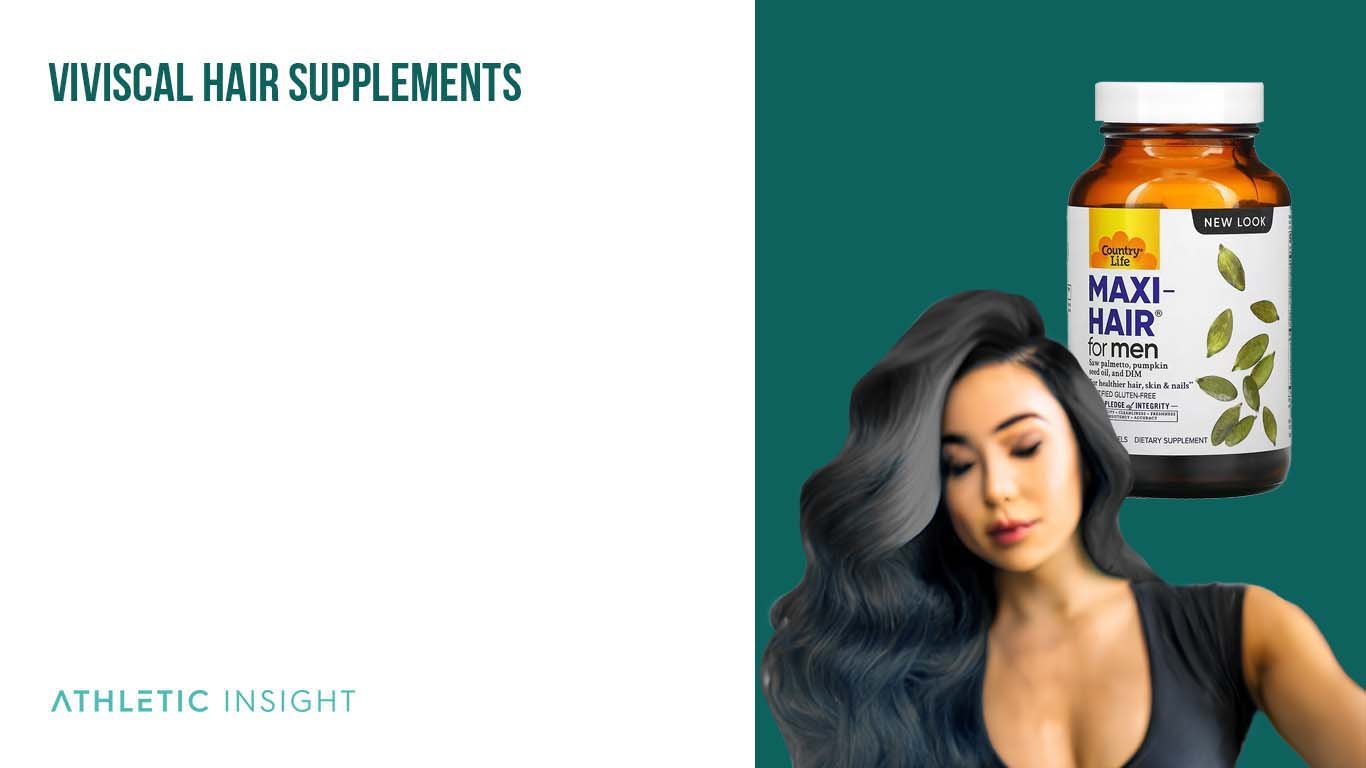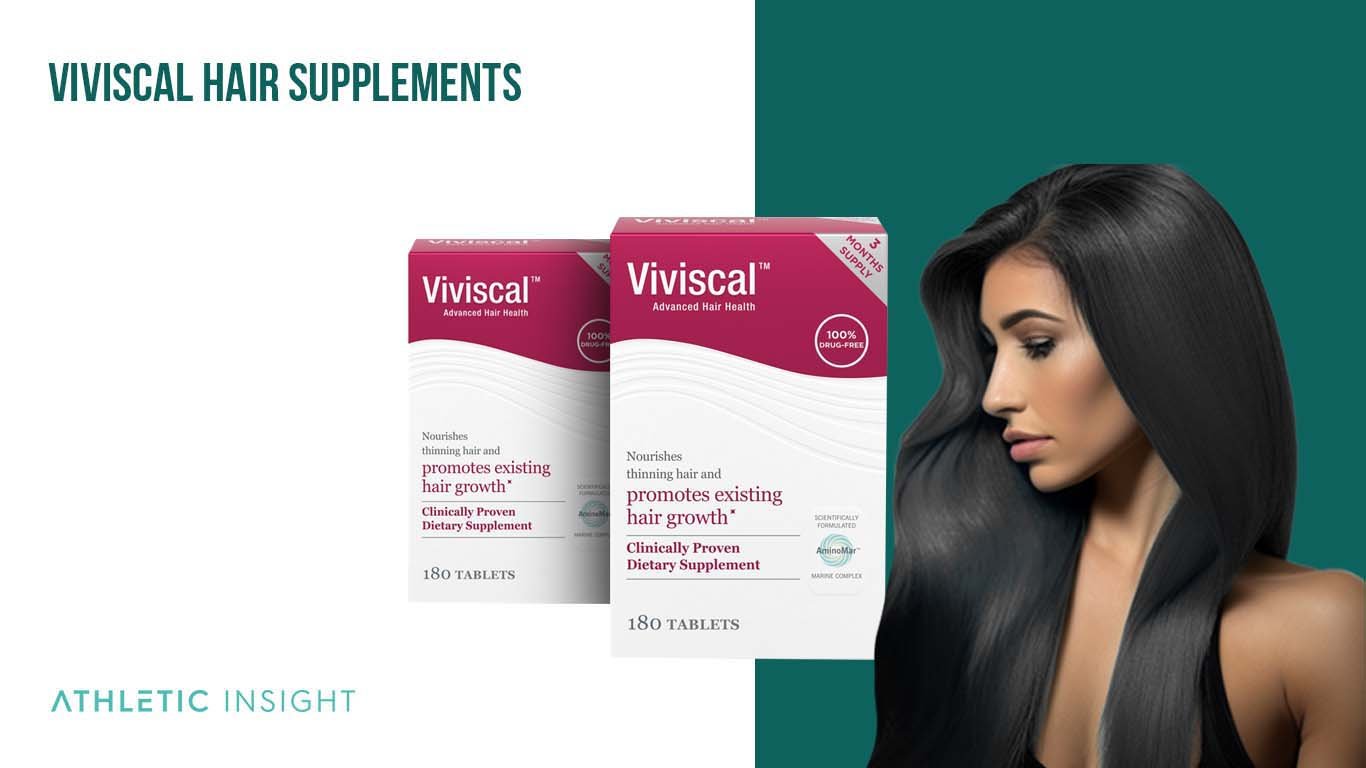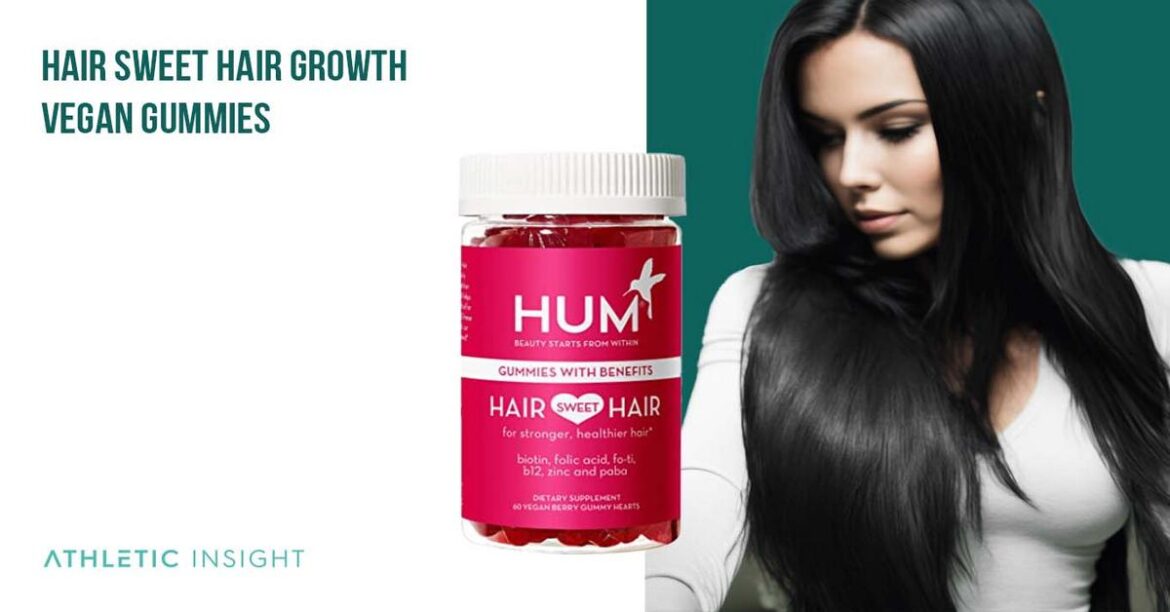Does Berberine Cause Hair Loss? Exploring the Evidence and Implications
Berberine, a compound derived from various plants, has gained popularity in recent years for its numerous health benefits, including its potential to support metabolic health and reduce inflammation. However, some individuals have raised concerns about a possible link between berberine and hair loss. In this article, we will explore the evidence surrounding this topic, aiming to clarify whether berberine could indeed contribute to hair thinning or shedding.
Background on Berberine
Berberine is a plant-derived alkaloid found in herbs such as goldenseal, barberry, and Oregon grape. It has been traditionally used in herbal medicine for its anti-inflammatory and antimicrobial properties. Recent studies have highlighted its potential benefits in managing blood sugar levels, cholesterol, and overall metabolic health [1].
Potential Mechanisms Linking Berberine to Hair Loss
One of the ways berberine may influence hair health is through hormonal regulation. Hormones such as androgens play a significant role in hair growth cycles, and imbalances can lead to conditions like androgenetic alopecia. Berberine has been shown to modulate hormone levels, which could potentially impact hair follicles [2].
Scientific Evidence on Berberine and Hair Loss
While there is limited direct research linking berberine to hair loss, some studies suggest that it may support hair growth by reducing inflammation and promoting hormonal balance. For instance, a review highlighted that berberine’s anti-inflammatory properties could help mitigate conditions that contribute to hair loss [3].
Frequency of Hair Shedding with Berberine Use
Some users report experiencing temporary hair shedding when they first start taking berberine supplements. This phenomenon is often short-lived and resolves as the body adjusts to the supplement [4].

Berberine and Specific Types of Hair Loss
Research suggests that berberine may have a positive effect on androgenetic alopecia through its ability to regulate androgen hormones. This could potentially help individuals suffering from this condition by promoting a healthier hair growth cycle [5].
Benefits of Berberine for Hair Health
In addition to its potential links to hair loss, berberine is known for its anti-inflammatory and antioxidant properties. These characteristics can contribute to improved hair health over time by reducing oxidative stress and inflammation, which are known factors in hair thinning [6].
Recommended Dosage for Hair Health Support
The typical dosage of berberine for health benefits ranges from 250 to 500 mg, taken two to three times daily. It is essential to consult with a healthcare provider to determine the appropriate dosage for your individual needs, especially if you are considering it for hair health [7].
Case Studies and Medical References
Some case studies have explored the effects of berberine on hair loss, particularly in individuals with conditions like polycystic ovary syndrome (PCOS). These studies suggest that berberine may help manage hormonal imbalances associated with hair loss in these patients [8].
Interactions with Other Medications
Berberine may interact with various medications, particularly those used to manage diabetes. It is crucial to discuss any potential interactions with your healthcare provider to avoid exacerbating hair loss or other side effects [9].
Enhancing Hair Benefits of Berberine
To maximize the potential benefits of berberine for hair health, consider integrating good hair care practices, a balanced diet rich in nutrients, and other supportive supplements. Lifestyle factors such as stress management and adequate sleep also play a crucial role in maintaining healthy hair.

Common Side Effects of Berberine
While berberine is generally well-tolerated, some individuals may experience gastrointestinal discomfort, which can indirectly affect overall well-being and hair growth. Monitoring your body’s response to berberine is essential to determine if it suits you [10].
Conclusion
In summary, while there is no definitive evidence linking berberine directly to hair loss, some users may experience temporary shedding. Berberine’s hormonal regulation and anti-inflammatory properties may contribute positively to hair health, particularly for those with conditions like androgenetic alopecia. Always consult a healthcare professional before starting any new supplement regimen to ensure it aligns with your health needs.
FAQ Section
Can berberine cause hair loss, and if so, what are the potential triggers?
Some users report temporary hair shedding, particularly when starting berberine, which typically resolves as the body adjusts.
Is there any scientific evidence that supports berberine as a cause of hair loss?
Currently, there is no robust scientific evidence directly linking berberine to hair loss; however, hormonal changes may play a role.
How often do people experience hair shedding while taking berberine supplements?
Temporary shedding is reported by a small percentage of users when they first begin taking berberine supplements.
Can berberine help with certain types of hair loss, such as androgenetic alopecia, through its hormonal regulation?
Berberine may help manage androgenetic alopecia by regulating androgen hormones associated with this condition.
Do the anti-inflammatory and antioxidant properties of berberine improve hair health over time?
Yes, these properties can support improved hair health by reducing inflammation and oxidative stress.
What dosage of berberine is recommended for hair health support, and how frequently should it be taken?
A typical dosage is 250 to 500 mg, taken two to three times daily.
Are there any case studies or medical references that link berberine to hair loss in individuals with conditions like PCOS?
Some studies suggest benefits for PCOS-related hair loss, but further research is needed.
Can berberine interact with other medications to exacerbate hair loss?
Yes, it may interact with diabetes medications, so it’s essential to consult your healthcare provider.
Are there any specific hair care routines or products that can enhance the potential hair benefits of berberine?
Good nutrition and hair care routines can enhance the benefits of berberine for hair health.
What are some common side effects of berberine that could indirectly affect hair health?
Gastrointestinal discomfort is a common side effect that may influence overall well-being and hair growth.
References
[1]. Vinatura. “Does Berberine Cause Hair Loss?” Available at: https://www.vinatura.store/blogs/articles/does-berberine-cause-hair-loss. Accessed on March 13, 2025.
[2]. Kopelman Hair. “Berberine and Hair Loss.” Available at: https://kopelmanhair.com/blog/berberine-and-hair-loss/. Accessed on March 13, 2025.
[3]. SSRN. “The Effects of Berberine.” Available at: https://papers.ssrn.com/sol3/papers.cfm?abstract_id=5111231. Accessed on March 13, 2025.
[4]. Scandinavian Biolabs. “Does Berberine Cause Hair Loss? Analyzing the Effects.” Available at: https://scandinavianbiolabs.com/blogs/hair-questions-database/does-berberine-cause-hair-loss-analyzing-the-effects. Accessed on March 13, 2025.
[5]. PMC. “Berberine and Hair Growth.” Available at: https://pmc.ncbi.nlm.nih.gov/articles/PMC10703476/. Accessed on March 13, 2025.
[6]. Insights Tessmed. “Does Berberine Help with Hair Loss?” Available at: https://insights.tessmed.com/does-berberine-help-with-hair-loss-tsr/. Accessed on March 13, 2025.
[7]. Medisearch. “Berberine and Hair Growth and Loss.” Available at: https://medisearch.io/blog/berberine-and-hair-growth-and-loss. Accessed on March 13, 2025.
[8]. Aspect Health. “Berberine for PCOS: Benefits and Side Effects.” Available at: https://www.aspect-health.com/blog/berberine-for-pcos-benefits-and-side-effects. Accessed on March 13, 2025.
[9]. Dr. Lisa Watson. “PCOS and Berberine.” Available at: https://drlisawatson.com/pcos-berberine. Accessed on March 13, 2025.
[10]. Medical News Today. “Berberine for PCOS.” Available at: https://www.medicalnewstoday.com/articles/berberine-for-pcos. Accessed on March 13, 2025.

